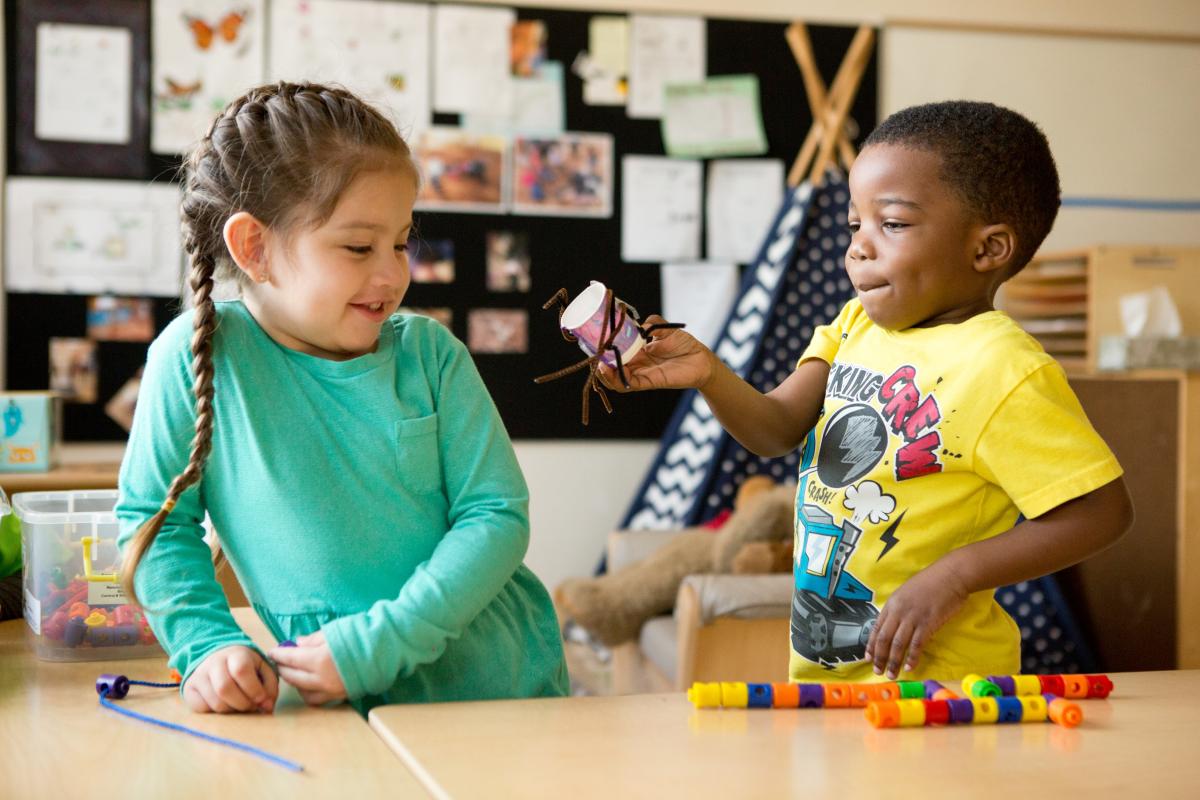
Virtual Workshop: Creating Self-Regulated Learners by Creating a Community of Learners
Why self-regulation is key to children's social-emotional and academic success, and how to foster it at your school.
Topics: Social Emotional Learning, Health and Wellness
Teachers cite the absence of self-regulation as one of their greatest challenges in the classroom. Self-regulation impacts children’s ability to control their feelings when they are upset, engage in positive social interactions, make friends, pay attention during classroom activities, remember information on purpose, have cognitive flexibility, and develop intrinsic motivation to learn. Decades of research show that this concern, which was first mentioned in 2000, hasn’t changed and has even been exacerbated by the pandemic.
Resources:

